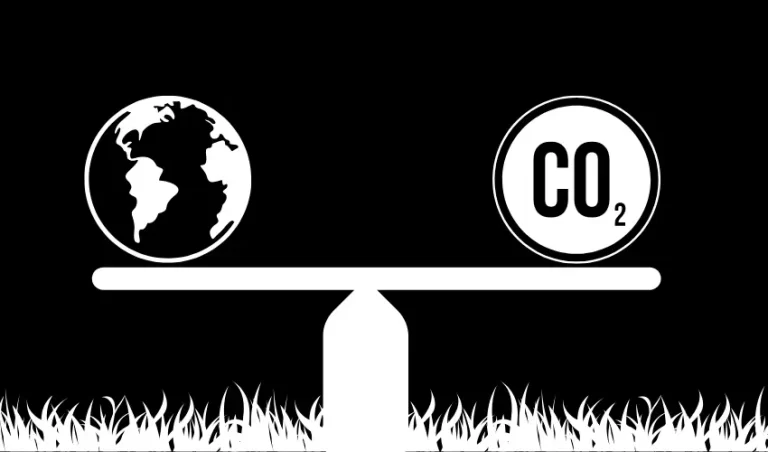Fossil Fuels: A Simple Overview of Types and Impacts
Fossil fuels, including coal, oil, and natural gas, are energy sources formed from the remains of ancient plants and animals that lived millions of years ago.
Fossil fuels have been the cornerstone of today’s society and economic progress, powering industry, transport, and households globally. However, their use comes with significant environmental impacts.
Here we’ll summarise the types of fossil fuels, explain their impacts, and consider the role of alternative renewable energy sources now being adopted.
Where Do Fossil Fuels Come From?
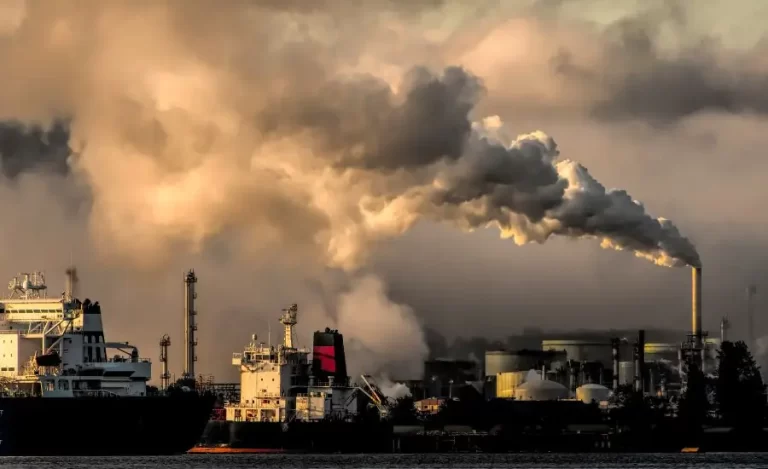
Fossil Fuels formation dates back over 300 million years.
Dead plant material accumulated in swampy regions, eventually forming peat. Over time, this peat was buried under sediment layers and subjected to heat and pressure, transforming it into coal.
Similarly, marine organisms, primarily plankton, settled on ocean floors and were buried by sediments. Over millions of years, heat and pressure changed these organic materials into oil and natural gas.
The Types of Fossil Fuels
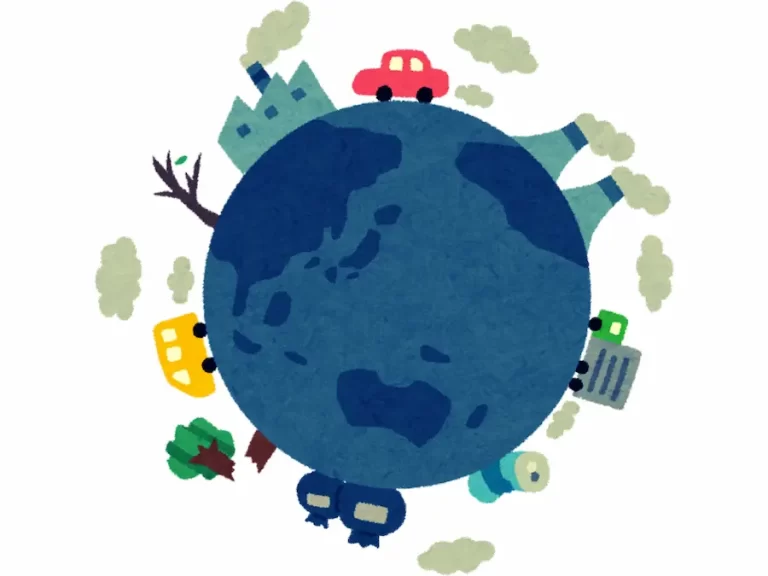
Coal
Coal comes in four types based on carbon content and energy yield: lignite, sub-bituminous, bituminous, and anthracite.
Lignite is the least carbon-dense and energy-rich, while anthracite is the most. Coal is primarily used for electricity generation and steel production.
Oil
Crude oil is a liquid fossil fuel and is extracted through drilling, both on land and at sea.
It’s then refined into various products for use. These include gasoline, diesel, jet fuel, heating oil, and petrochemicals used in plastics, pharmaceuticals, and other materials.
Natural Gas
Composed mainly of methane, natural gas is found alongside oil or in isolated deposits.
It’s used for electricity generation, heating, and as a raw material in chemical industries. Natural gas burns cleaner than coal and oil, producing fewer pollutants and greenhouse gases.
Extraction and Processing of Fossil Fuels
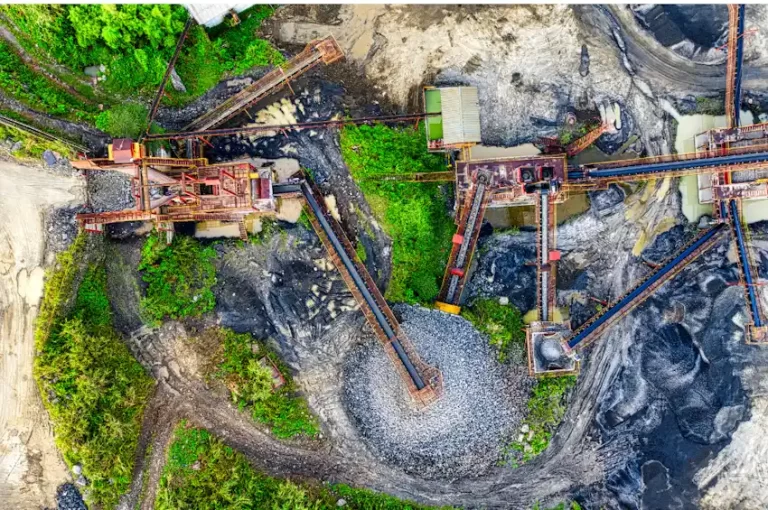
Coal Mining
Coal can be mined through surface (open-pit) or underground (shaft) mining.
Surface mining is generally more cost-effective but has a greater environmental impact, leading to greater landscape disruption and habitat destruction. Other potential impacts of both forms include water course pollution and ground destabilisation.
Oil and Gas Drilling
Oil and gas are extracted using conventional drilling and hydraulic fracturing (fracking).
Conventional drilling involves penetrating the earth to access reserves, while fracking injects high-pressure fluid to fracture rock formations, releasing oil and gas. Both methods pose environmental risks, including oil spills and groundwater contamination.
Refining and Processing
Crude oil is refined through distillation, cracking, and reforming to produce the various products it is ultimately used for.
Natural gas is processed to remove impurities and separate it into useful components, including methane, ethane, propane, and butanes.
Environmental Impact of Fossil Fuels
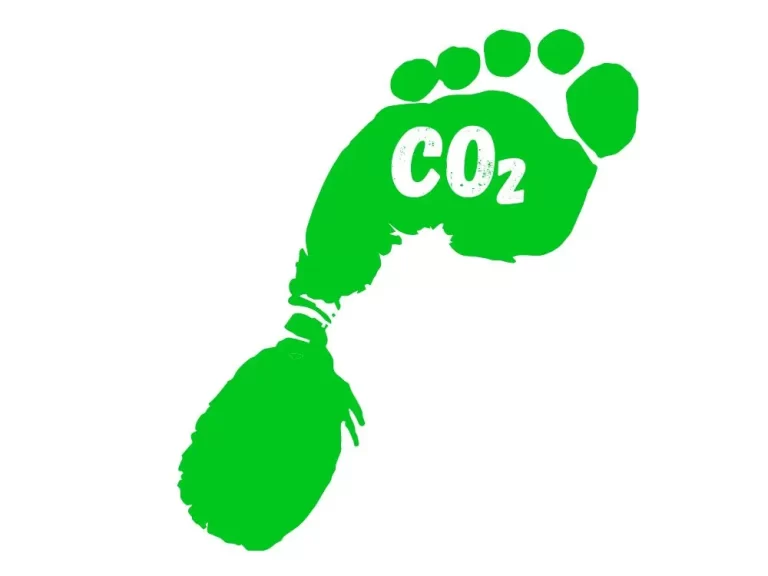
The extraction, processing, and combustion of fossil fuels significantly impact the environment:
Greenhouse Gas Emissions & Climate Change
Burning fossil fuels releases carbon dioxide (CO2), methane (CH4), and other greenhouse gases, contributing to global warming and climate change.
CO2 is the primary greenhouse gas emitted by fossil fuel combustion. Methane, though less abundant than CO2, is more potent in trapping heat. Check out our article on greenhouse gases here to learn more about these potency and impacts concerns.
Air Pollution
Fossil fuel combustion releases pollutants like sulfur dioxide (SO2), nitrogen oxides (NOx), particulate matter (PM), and volatile organic compounds (VOCs).
These pollutants cause respiratory diseases, cardiovascular problems, and other health issues. These impacts are commonly most prevalent in urban city areas where air flow is lower and emission density higher.
Pollutants released can also contribute to acid rain, smog, and ground-level ozone formation.
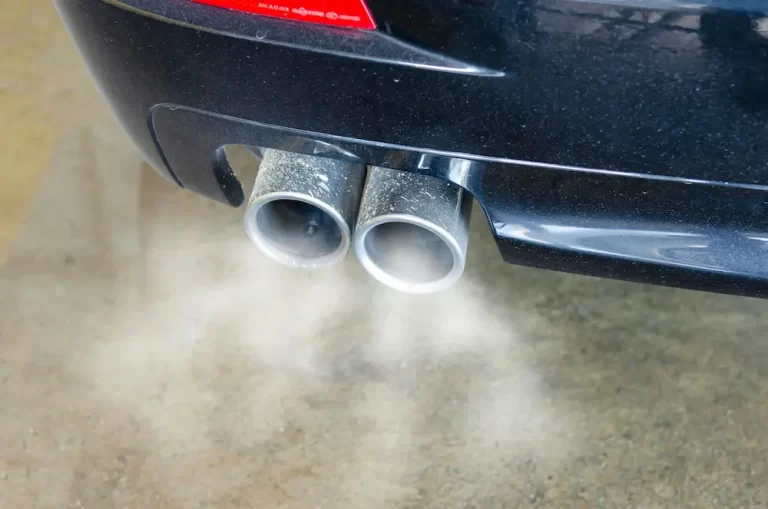
Water Pollution
Oil spills during extraction and transportation can devastate marine and coastal ecosystems, with numerous well documented incidents having occurred over previous decades.
Fracking fluid and wastewater are a more recent concern as the fracking industry has grown. The process can contaminate both groundwater and surface water sources if not conducted cautiously and wastewaters contained.
In the case of coal mining, these operations can lead to acid mine drainage, where acidic water laden with heavy metals leaches into nearby water bodies.
Habitat Destruction
Fossil fuel extraction disrupts both land and marine habitats, displacing wildlife and altering ecosystems. The resulting pollutants can also remain in the affected ecosystem for long periods of time, limiting natural capacity for recovery.
Surface mining, in particular, results in significant landscape changes and deforestation, meaning habitat loss can be permanently.
Economic and Social Impact of Fossil Fuels
Fossil fuels have powered industrialisation since the 19th century, subsequently enabling progress to modern society.
Given this, there are clear social and economic benefits that have resulted from fossil fuel use across generations. These benefits have though come at a cost.
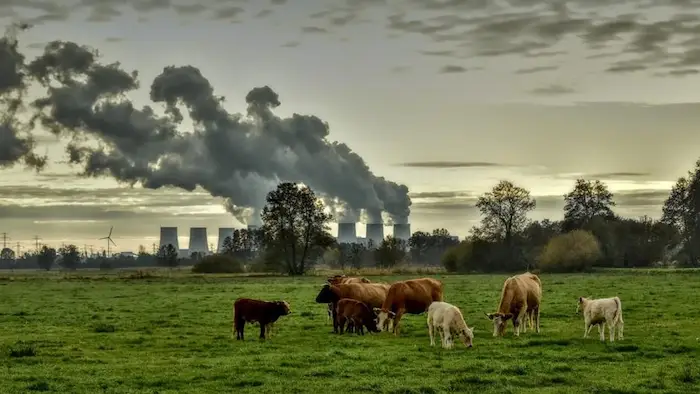
Energy Security
Fossil fuels have historically provided reliable and abundant energy, crucial for socio-economic development. Today it is inconceivable to most to live without this energy security.
However, the dependence on fossil fuel can and does lead to geopolitical tensions, energy insecurity in some regions, and conflict. This unfortunately has resulted in severe negative consequences for many, which continue today.
Economic Benefits
The fossil fuel industry creates jobs and generates revenue through taxes and royalties.
It also supports many related industries, including steel production, manufacturing, transportation, and construction.
Health Costs
The health impacts of air and water pollution from fossil fuel extraction and combustion incur significant medical costs and lost productivity. Communities near extraction sites often also face increased health risks and lower quality of life.
Availability of readily available energy has though enabled drastic advances in medical care and production of pharmaceuticals. It should be noted that this benefit has historically been concentrated in western nations.
The Transition to Renewable Energy
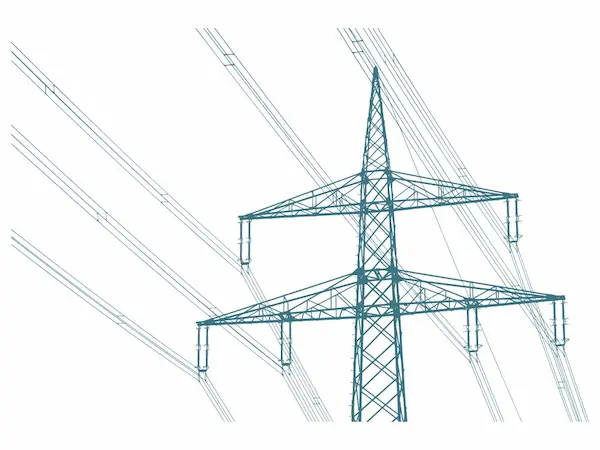
Given the environmental and health challenges posed by fossil fuels, there is a growing emphasis on transitioning to renewable energy sources such as solar, wind, hydro, and geothermal.
Renewable sources produce energy without emitting greenhouse gases and have a lower environmental impact. The intent being to retain essential benefits provided by energy availability, whilst removing the damaging impacts that are suffered for fossil fuel use.
This transition also includes improving energy efficiency and investing in technologies, like electric vehicles and smart grids, which are better suited to a renewable energy powered society.
The Role of Fossil Fuels: Positive & Negative

Fossil fuels have been integral to the development of modern society, providing energy that powers economies and has improved living standards for billions.
However, their environmental and health costs have been vast, necessitating a shift towards sustainable energy practices.
It’s clear that progress to this aim is taking place, with international forums such as COP co-ordinating progress. To underpin this change, comprehensive policies and technological innovation are essential.
Debate continues regarding the pace of change taking place, as well as form of technologies utilised to replace them. Many argue that the impact incurred is already to great, whilst others advocate a slower, staged transition.
What is clear is that the change does need to occur. However equally as clear is that modern society, lifestyles and lifespans would not have been attained without fossil fuels.




